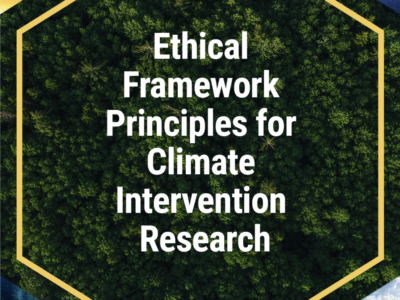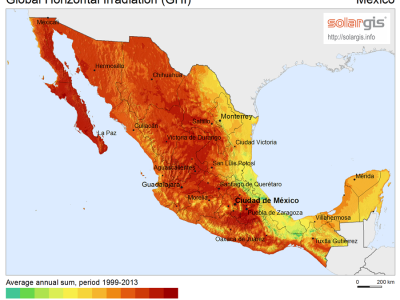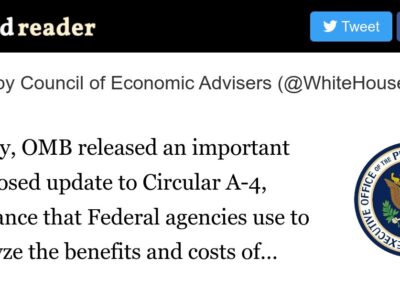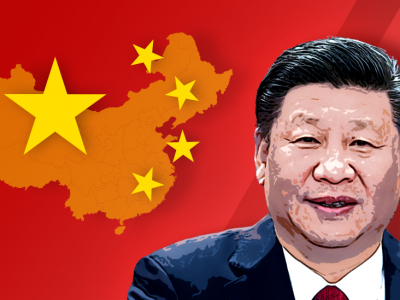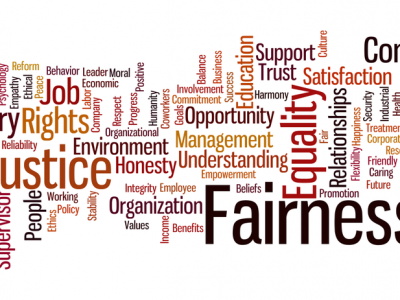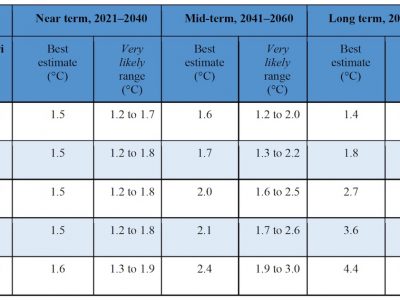climate justice
An Ethical Framework for Climate Intervention Research
Can the AGU’s new principles defuse controversy and enable responsible research?
Research into climate intervention techniques, especially solar geoengineering, has long been controversial. Scientists as well as publics and policy makers have been divided on its risks and merits. In recent years, experiments proposed or undertaken in the USA, Sweden and Mexico have triggered vociferous opposition. Growing and unregulated commercial interest in the technologies seems likely …
Continue reading “An Ethical Framework for Climate Intervention Research”
CONTINUE READINGClimate Change and Nigeria
A population explosion. Sluggish economy. Weak governance. Serious climate impacts. What could possibly go wrong?
By the time my youngest granddaughter is thirty, Nigeria will be the world’s third-largest country. It’s also one of the countries that’s least prepared to adapt to climate change, which will be much worse by then. Nigeria’s population is expected to roughly double by 2050, to around 400 million. The population was previously expected to …
Continue reading “Climate Change and Nigeria”
CONTINUE READINGDr. King, Community, and Climate
Climate policy turns on an issue highlighted by Dr. King: Whose suffering counts?
“A genuine revolution of values means in the final analysis that our loyalties must become ecumenical rather than sectional. Every nation must now develop an overriding loyalty to mankind as a whole in order to preserve the best in their individual societies.” Those words are from a 1967 speech delivered at Riverside Church by Dr. …
Continue reading “Dr. King, Community, and Climate”
CONTINUE READINGMexico y el Cambio Climático
There is much to celebrate tomorrow on Cinco de Mayo. But probably not Mexican climate policy.
President Andrés Manuel López Obrador (generally known as AMLO) could be described as a left-leaning populist. Like other populist leaders, he has not been friendly to climate action. In November, Mexico ramped up its 2030 commitment under the Paris Agreement from 22% to 35%. That sounds like great news, but there may be less to …
Continue reading “Mexico y el Cambio Climático”
CONTINUE READINGRevamping Cost-Benefit Analysis
Proposed changes will make CBA more climate friendly.
Last week, the Biden White House released proposed changes in the way the government does cost-benefit analysis. CBA has been a key part of rule making for forty years. The proposal is very technical and low-key, but the upshot will be that efforts to reduce carbon emissions will get a leg up. In particular, the …
Continue reading “Revamping Cost-Benefit Analysis”
CONTINUE READINGShould China Pay Climate Reparations?
‘Yes’ under some reparation theories, ‘no’ under others.
At the international negotiating session in Egypt, demands for climate reparations — “Loss and Damage” in UN lingo — were front and center. The debate was focused on the obligations of developed countries. But there was another issue percolating in the background: Does China, the world’s largest carbon emitter, have an obligation to compensate poorer …
Continue reading “Should China Pay Climate Reparations?”
CONTINUE READINGEquity Weighting: A Brief Introduction
An unfamiliar concept for most that just might make cost-benefit analysis more progressive.
A technique called equity weighting could make regulation more progressive. Implementing this technique may be harder than it sounds, however, for a variety of practical, legal, and political reasons. Agencies might do best to use equity weighting as a way to check their regulatory decisions rather than as their main decision tool.
CONTINUE READINGJustice 40 and Identifying Disadvantaged Communities
Why race is an important factor to consider
Last Friday, the White House Council on Environmental Quality released its long-awaited Climate and Economic Justice Screening Tool. The screening tool will guide the Biden Administration’s implementation of its Justice40 Initiative that directs that 40 percent of certain federal investment programs benefit disadvantaged communities. However, like may legal scholars predicted and the White House foreshadowed, …
Continue reading “Justice 40 and Identifying Disadvantaged Communities”
CONTINUE READINGNever Give Up. Never Surrender.
Even if we miss our targets, simply shaving or flattening the carbon curve would be worth fighting for.
Although lacking the same eloquence, today’s post is in the spirit of Churchill’s famous speech promising that Britain would “fight on the beaches, … we shall fight in the hills; we shall never surrender.” My point is this: No matter how many battles we end up losing in the fight to stop carbon emissions, we …
Continue reading “Never Give Up. Never Surrender.”
CONTINUE READINGClimate and Colonialism: Some Columbus Day Thoughts
Is climate change itself a form of colonialism?
“In 1492, Columbus sailed the ocean blue.” That’s what we learned in my grade school. Today, Columbus Day remains a day of celebration for some but has become a symbols of colonialism for others. Rather than entering that debate, I’d like to reflect on how issues of colonialism might relate to climate change. The study …
Continue reading “Climate and Colonialism: Some Columbus Day Thoughts”
CONTINUE READING



